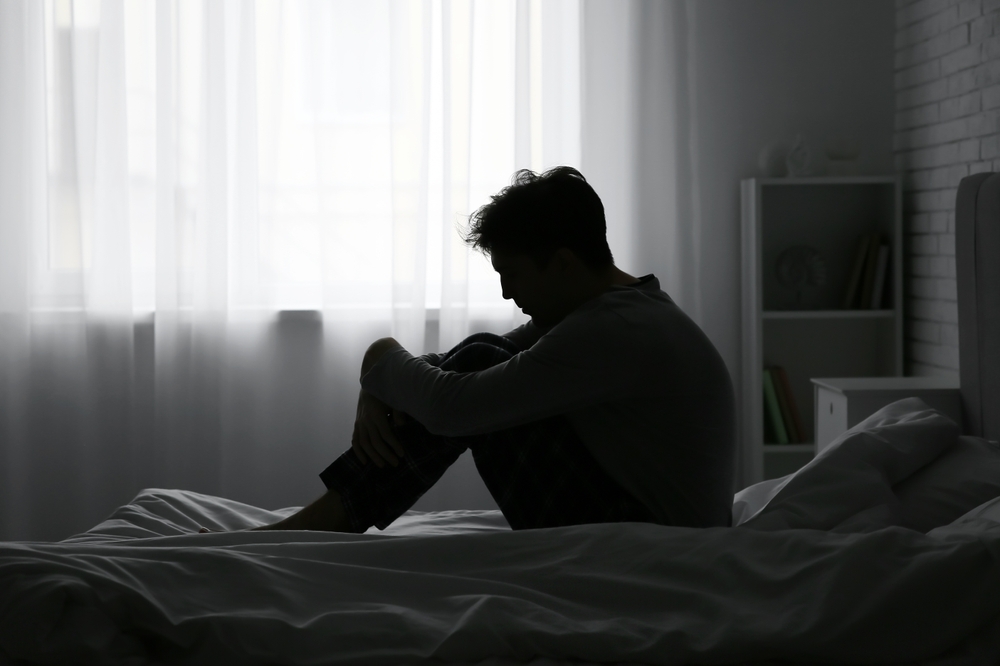Depression can be a complex and deeply personal experience. For some, traditional treatments like therapy and medication provide meaningful relief. For others, symptoms may persist despite multiple attempts at finding the right support. In these more resistant cases, some individuals begin exploring alternative or advanced treatment options, one of which is ketamine therapy.
What Is Ketamine Therapy?
Ketamine is a medication that has been used for decades as an anesthetic. In recent years, lower doses of ketamine have been studied and used for the treatment of major depressive disorder, especially when standard therapies have not been effective. It is believed to work differently from traditional antidepressants, affecting glutamate (a key neurotransmitter involved in mood regulation and neural plasticity) rather than serotonin or norepinephrine.
Some patients report rapid relief of depressive symptoms after ketamine treatment—particularly those experiencing treatment-resistant depression or severe, persistent low mood. However, it is not a first-line treatment and is not suitable for everyone.
How Do We Define Treatment-Resistant Depression?
Before ketamine therapy is even discussed, it’s important to understand what is meant by “treatment-resistant depression” (TRD). This term typically refers to depression that does not improve after trying at least two different antidepressant medications at adequate doses and durations, often combined with psychotherapy.
TRD means a person may need a more tailored or innovative approach. Ketamine therapy is one such approach, but it’s only one part of a much larger treatment landscape.
When Might Ketamine Be Considered?
Ketamine therapy may be discussed under the following circumstances:
- The individual has not responded to multiple trials of antidepressant medication.
- The person has participated in consistent, structured therapy without significant improvement in mood.
- Symptoms remain severe or debilitating despite adherence to treatment recommendations.
- There is a need to address depressive symptoms more rapidly due to significant life impact (e.g., social withdrawal, job loss, or functional impairment).
Even in these cases, ketamine therapy is never presented as a quick fix. It is one option among many, and it requires careful screening, preparation, and follow-up to be safe and effective.
When Ketamine Therapy is Not Recommended
Ketamine is not appropriate for everyone. It may not be recommended if a patient has:
- A history of psychosis or certain dissociative disorders
- Uncontrolled high blood pressure or heart conditions
- Active substance use issues involving ketamine or similar drugs
- Unrealistic expectations about what ketamine can achieve
At our practice, the decision to offer ketamine therapy is always grounded in a thorough evaluation, not just of symptoms, but of the person as a whole.
What Does Ketamine Therapy Involve?
If ketamine therapy is considered appropriate, the process begins with a detailed consultation, where Kristen Chambers discusses how it works, what to expect, and how it may (or may not) fit into the overall treatment plan.
Ketamine treatment typically involves a series of sessions over a set period of time, with careful monitoring of symptoms, side effects, and functional progress. The goal isn’t just symptom relief, it’s to integrate that relief into ongoing healing through therapy, lifestyle support, and follow-up care.
Therapy Still Comes First
At this practice, therapy is the foundation of care. Even when advanced treatments are considered, therapy remains central. Ketamine therapy, if used, is never offered in isolation. Instead, it is seen as a tool that may support the deeper emotional and cognitive work already happening in therapy.
This ensures that any improvements in mood are supported by skills, insight, and strategies that help sustain well-being over time.
A Thoughtful, Patient-First Approach in Stuart, FL
Ketamine is not a cure for depression. It’s not a shortcut. And it might not be the right choice for everyone. But in the right context, for the right person, it can offer meaningful relief and open the door to new possibilities for healing.
That’s why Mental Health Haven offers ketamine therapy with great care. The decision to move forward with it is never made quickly, never made lightly, and never made without a full understanding of the individual’s needs and values.
If you or someone you love is living with depression that hasn’t improved despite trying different treatments, know that you are not alone and there are still options. Get started today by calling 772-302-4352






